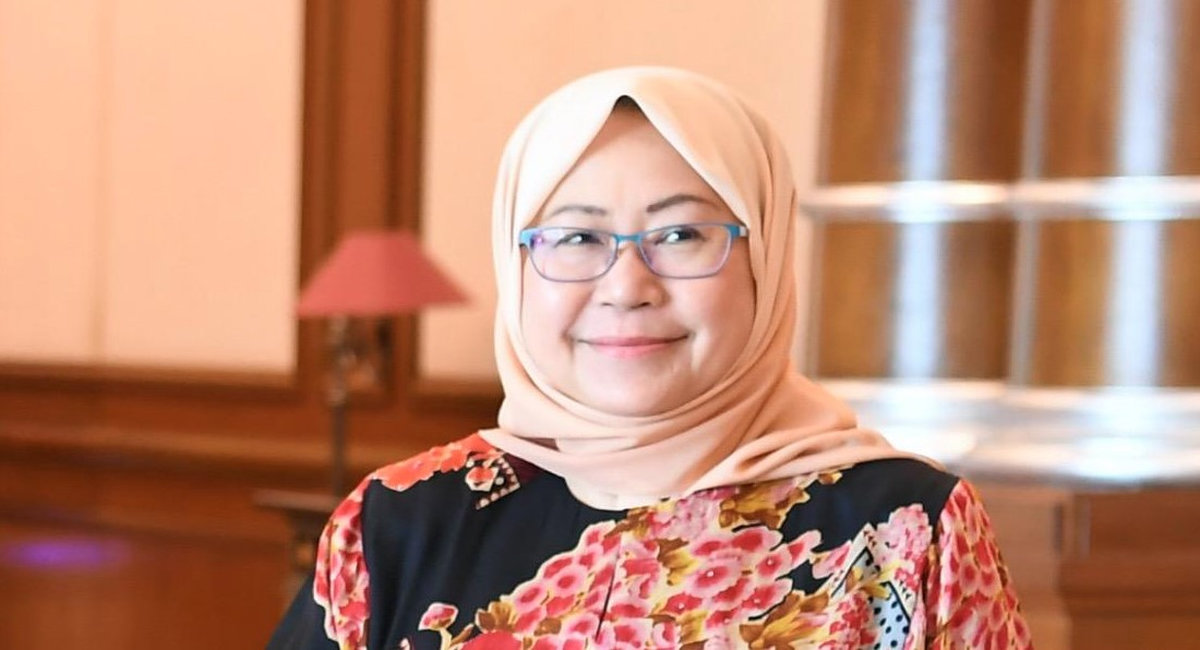PETALING JAYA: Renowned humanitarian and Mercy Malaysia founder Tan Sri Dr Jemilah Mahmood has urged Malaysia to use its Asean chairmanship as a turning point not just for the region’s economic ambitions but to also redefine progress through the lens of genuine well-being and planetary health.
Speaking on “The Game of Impossible” podcast on Friday, Jemilah stressed that gross domestic product (GDP) alone is a flawed and outdated metric of development.
She said high income does not always equate to happiness or safety.
“GDP alone is a bad measure of development. You have seen countries with high GDPs but very unhappy people, very unsafe. We need a well-being economics model in which everyone can live a good life with dignity and enough economic development,” she said.
Jemilah, who founded Mercy Malaysia in 1999 after being moved by wartime footage from Kosovo, reflected on how humanitarian work has evolved from reactive disaster response to addressing the root causes of human vulnerability.
She recounted a life-changing moment from 2000, when images of a Mozambican woman giving birth atop a mango tree during severe flooding left a lasting impression.
Years later, while serving as Under Secretary-General of the International Federation of Red Cross and Red Crescent Societies, she visited Mozambique and discovered that the boy she was playing with was that very baby.
“That was my ‘aha’ moment,” she said.
“Have I been putting band-aids on gaping wounds? Until and unless we tackle the underlying drivers of why people are becoming so vulnerable, we can’t keep (applying) aid as a cure.”
That realisation drove her deeper into planetary health, a field linking the well-being of humanity to the state of the Earth’s natural systems.
Upon returning to Malaysia from Switzerland during the Covid-19 pandemic, Jemilah established the Sunway Centre for Planetary Health, envisioning it as a regional hub to address intertwined challenges such as climate change, social inequality and sustainable growth.
“Asia Pacific is the most vulnerable region in the world,” she warned, urging Malaysia to lead boldly during its Asean chairmanship with real commitments to decarbonisation, halting deforestation and driving behavioural change.
She highlighted Costa Rica as an inspiring example, a country that abolished its military, invested in environmental conservation and built a thriving ecotourism sector while consistently ranking among the world’s happiest nations.
“I would rather live well than be extremely wealthy. You may have wealth but no health. We need to find the balance between well-being and wealth,” she said.
Reflecting on over two decades in humanitarian service, from conflict zones in Iraq and Afghanistan to the 2004 tsunami in Aceh, Jemilah shared searing memories, including an ambush in Iraq that claimed the lives of her colleagues and left her needing months of therapy.
“Humanitarian workers were no longer sacrosanct. International humanitarian law had been breached,” she said, describing how their clearly marked ambulance was deliberately targeted.
Through it all, Jemilah emphasised the values of humility, persistence and gratitude.
She said true leadership includes knowing when to step aside as she did by preparing a succession plan before stepping down from Mercy Malaysia.









